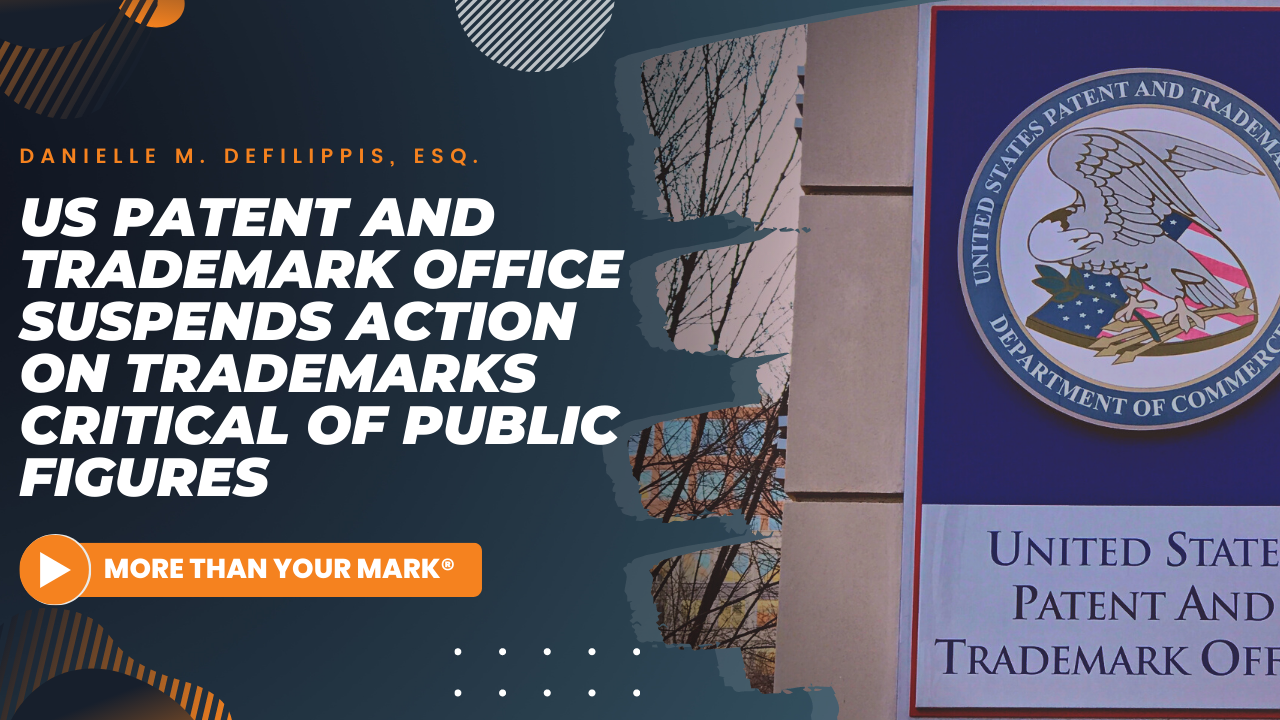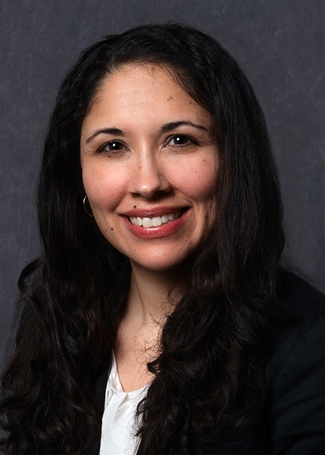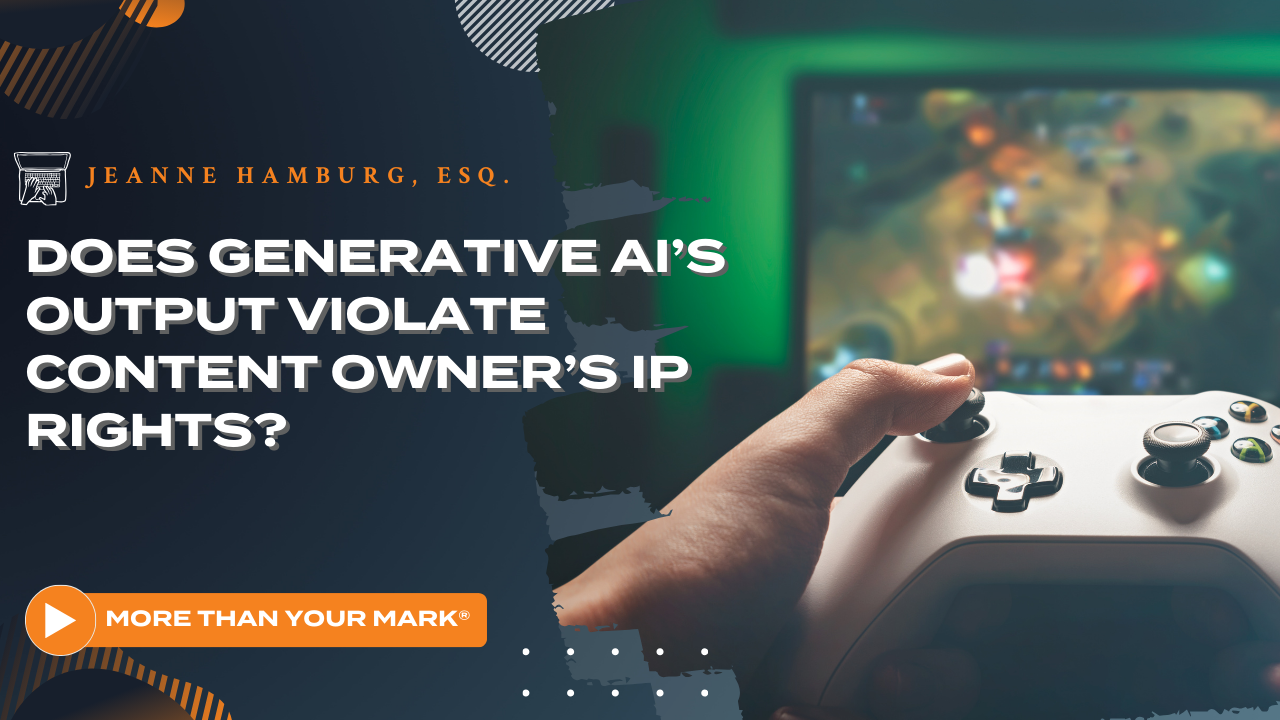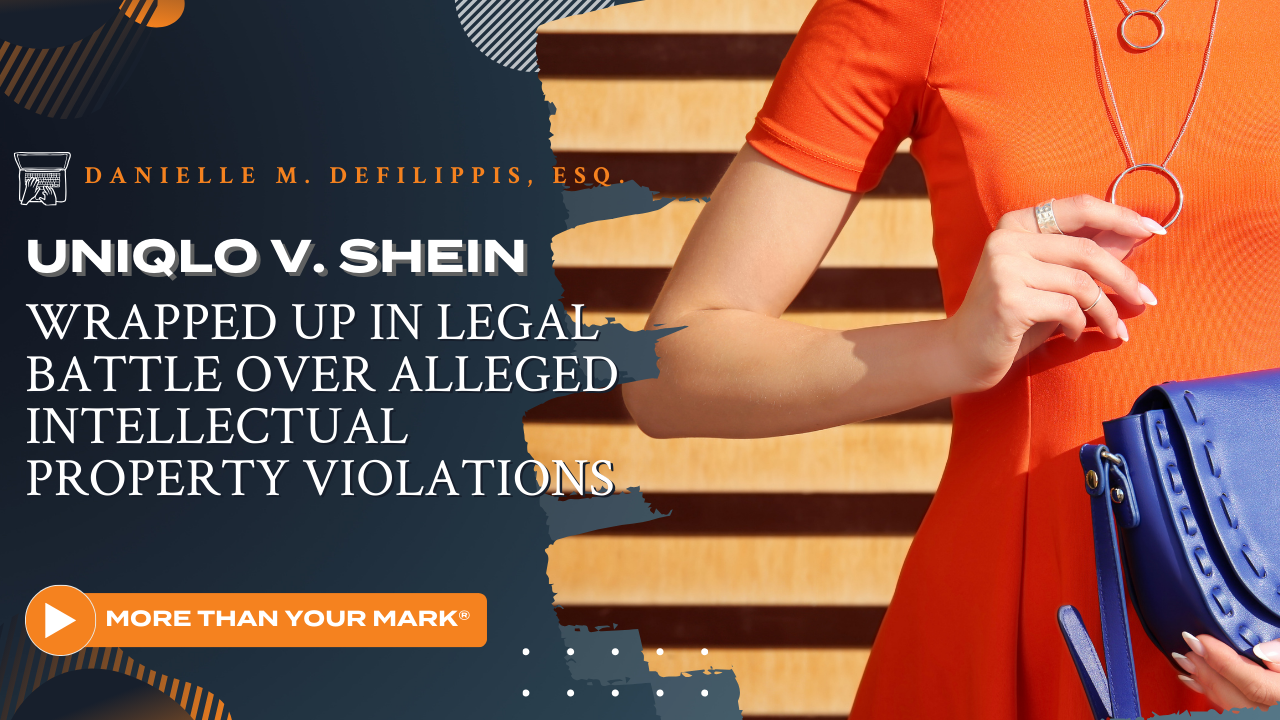US Patent and Trademark Office Suspends Action on Trademarks Critical of Public Figures

The U.S. Patent and Trademark Office (USPTO) has suspended action on pending applications for trademarks that are critical of public or government officials. The suspension will remain in effect until the U.S. Supreme Court can weigh in on the issue. The USPTO guidance can be found here.
The USPTO, which is granted power to administer the federal trademark registration system pursuant to the federal Lanham Act, has discretion to manage its docket and suspend action when it deems appropriate. Section 2(c) of the Lanham Act requires the USPTO to refuse registration of a mark that “[c]onsists of or comprises a name, portrait, or signature identifying a particular living individual except by his written consent.”
This guidance was precipitated by a 2022 trademark application for the words “TRUMP TOO SMALL” for use on a line of apparel. The trademark applicant took the position that the mark was intended to be “political commentary” on then-President Donald Trump and statements made during a presidential debate. A USPTO examining attorney refused registration of the mark under Section 2(c) finding that the use of the “TRUMP” name in the mark would be considered by the consuming public as a reference to Donald Trump, and denied registration. The Trademark Trial and Appeal Board affirmed. The court of appeals reversed the decision, holding that such a bar restricts free speech in violation of the First Amendment.
On January 27th, 2023, the USPTO filed a petition to the U.S. Supreme Court for a writ of certiorari to consider the issue. Recently published guidance from the USPTO states that any such suspension of an application will remain in place until the Supreme Court acts, either by denying the petition for certiorari or issuing a decision after granting certiorari.
If you are interested in this topic, or any other aspects of publicity, copyright, or trademark matters, please feel free to contact the intellectual property attorneys at Norris McLaughlin about intellectual property disputes.




